The Frustrations of a 2 Year Old
Disclosure: This blog contains affiliate links which I may earn a small commission from if you purchase through them, at no extra cost to you.
One thing we parents learn quickly is that the frustrations of a 2 year old come on hard and fast.
Have you ever had something on your mind but can’t find the words to express how you feel or what you are thinking?
Frustrating wasn’t it? Welcome to the mind space of a 2-year-old.
At age two, your child is able to comprehend much more than they are able to communicate.
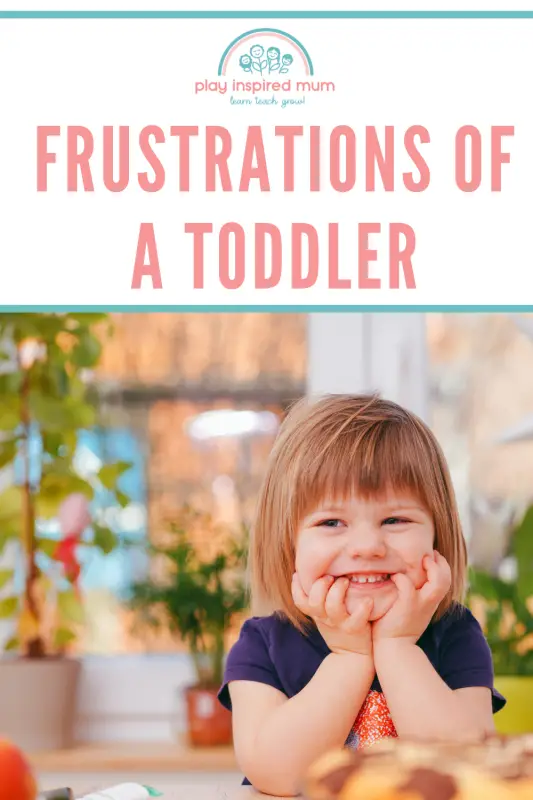
Frustrations of a 2 year old
Is it normal for toddlers to get frustrated easily?
Yes, it is completely normal for your toddler to be frustrated.
Toddlers have an awareness of so much around them yet only a developing ability to communicate their needs, emotions, and ideas.
Toddlers are learning about cause and effect with little to no experience in the concept of trial and error. All they know is they have done something and it hasn’t worked the way they had planned.
Over time, they will learn to try new ways. They will learn problem-solving skills and persistence.
Resilience is a skill that is developed through experience and exposure.
Why is it frustrating for your toddler?
Your toddler has ideas, emotions, and understandings that can be overwhelming when they are not able to share them.
They simply do not have the words or are still learning how to piece their words together to tell the world.
This is very frustrating for them and can often end in tears.
How can us parents help our toddler with their frustrations?
Be there with your toddler. Be there while they are going through all the feels. This includes being with them through their frustrations, as much as their happiness.
- Stay calm
- Connect before correct
- Name the emotion
- Encourage self care
Stay Calm
While they are in the middle of a tantrum, our little people don’t need us joining in the chaos.
They just need us.
These testing times are just a moment.
Your toddler having a tantrum is just a moment from which learning will come.
A tantrum is not a representation of you as a parent. What you do at that moment, however, is.
A parental strategy that will offer you resilience through these challenging times is being able to identify moments.
There are moments as parents that we will love. Your child smiling with pride as they stack a block one higher than ever before or fastening their shoe for the first time are moments that warm our hearts.
Then there are moments when they need love even more.
The latter is during turbulent times.
They need us to be stronger than ever during these moments.
They need us to control our emotions and be the calm presence they can co-regulate from.
Connect before correct
By connecting with your child before correcting them, you are letting them know that you are there to help.
You are telling them that you are their support, someone to guide them, someone who will listen to them.
By focusing on connection first, you are telling them you are there to help them, not opposing against them.
Come from a place of curiosity to understand rather than demands.
Name the Emotion
Being able to identify emotions is a crucial step on the pathway to being able to self-regulate emotions.
While identifying emotions in books and play is a great way of exposing our children to different emotions, having them named as they are being felt is a powerful lesson.
“I can see you are angry. Let’s blow our anger away with big dragon breathing”
Add some drama into big breaths in through the nose and out through the mouth like a dragon.
“I can see you are sad. Let’s snuggle like peas in a pod to warm your heart”
Embrace your child with a hug, letting them be the first to let go.
Encourage Self Care
Now, when I say self care, I am referring to caring for ones self more so than self-help practical life skills. That is, the little things that make them feel good or look after themselves.
This is going to look different to different children.
It may be
- having a cup of warm milk to sip
- eating some fresh fruit
- splashing water on their face
- going for a walk amongst nature
- warm bubble bath
- asking for a foot rub
- having a nap or quiet time
These activities can be grounding and can be used to help regulate emotions. Also, they help to destress and to encourage proper health.
A toddler who is tired, hungry or seeking connection is going to find self regulating more challenging. Ensuring they have rest, healthy snacks and are getting that one on one time can reduce tantrums as these basic needs are met.
Helping your toddler communicate
The key to building vocabulary is talking and in turn, listening. The more we parents talk, the more opportunities we are offering our children to listen. This will help your child learn the context of the words we are saying.
Repetition makes the words memorable and concretes the definition when used in context.
Play to your child’s interests to keep them engaged in the activity.
Do you have a dinosaur lover? Use dinosaurs in your play!
Do you have a bug lover? Use insects in your play!
Is your little champ obsessed with trains? Use trains in your play!
If they aren’t interested in the activity, your child is likely to lose interest which isn’t going to be of any benefit to them or you.

Activities That Can Build Vocabulary to help witth the frustrations of a two year old
Through play, help build your child’s vocabulary so they have a better understanding of the elements around them. In addition, this will in turn also assist them in sharing their own thoughts.
Add Colours
When your toddler points something out, build on their understanding by repeating what they have said and also mention the colour.
Toddler: “Dog”
Parent: ” Yes, that is a brown dog. A dog says ‘Woof’!”
This will affirm for the child that they are being heard and will open them up to another eight words all used in context. Take it to another level and point out some other ‘brown’ things that they can see to further build their comprehension and vocabulary.
Repetition, repetition, repetition!

Add Sensory Element
Sensory play is a brilliant way to open up conversations and build vocabulary for a toddler.
Use words to discuss how something feels, sounds smells, and tastes.
Does it feel smooth or rough, hot or cold, heavy or light?
When shaken does it make a loud sound or a quiet sound, is it a deep sound or a higher pitch sound, does the sound echo or does it stop quickly?
Does it have a pleasant smell or an off-putting scent? Is it a sweet scent or an earthy smell?
Does it taste sweet or sour? Can you taste the flavour on the front of your tongue or the back of your tongue?
Is it oozy or dry?
When pressed upon, does it flex or snap?
Use different textures, colours, and temperatures in your sensory play to help open up these conversations and build your toddler’s vocabulary.

Check out these taste safe sensory play mediums that would be perfect for your toddler!
Do you have a sensory avoider? Why not put the mediums into a ziplock bag?
They are great for messy free sensory play or for children who find messy sensory play overwhelming.
Add Emotions
Two year olds feel big emotions for such tiny people. They certainly can’t be expected to control them at this age however a parent can help their toddler understand what emotions they are feeling and begin to build a foundation on how to act on them.
When they are experiencing an emotion, let them know the word and suggest a way to express it.
Is your toddler laughing? Tell them they are really happy or that they find something so funny that their joy is bursting out of them!
Are they feeling sad? Let them know that they are feeling sad and that they can come to you for a cuddle so you can help them get through it.
Can you see your toddler getting irritated? Let them know that you can see they are being bothered and suggest to them a way to diffuse the situation. Their blocks might not be stacked on a carpeted surface so let them know that it is frustrating the blocks won’t stack and suggest working together to fix the problem.
Ask them how they think their favourite character might be feeling in their bedtime story or simply bring their attention to the illustrations. Explain to your child very basically how to read which emotion the character is showing then take a turn making the same face for a giggle.
Sing Songs
Nursery rhymes and poems are full of rhyming words and repetition.
Along with the musical tone and fun dancing around the room while singing them, songs are often easily remembered by our two year olds.
Think old school ‘Twinkle, Twinkle”, “Row, Row, Row Your Boat”, “Humpty Dumpty” and “Old MacDonald”.
Team the songs up with some fun actions and you will have a fun activity that is building their vocabulary, motor skills, and cherishable childhood memories all at once!

Celebrate popular nursery rhymes with this collection of themed toddler activities.
Not only are these activities over flowing with vocabulary building opportunities but they also support the development of so many other areas.
They appeal to multiple age groups and abilities and tick all the boxes for meaningful multi-sensory play.
Importance of Reading
One of the most influential ways of teaching your toddler their words and putting them into context is by reading books.
Has your child asked to read “Where is the Green Sheep?” for the 31,335th time of the day? As pain-staking as it is, do it!
Repetition, repetition, repetition!
Books open up new words that are outside of the default ones that we parents will find ourselves using day in and day out.
Choose books that are appropriate to your child’s age with supporting illustrations to further help build comprehension.
The story need not come to an end on the last page. Upon finding that green sheep fast asleep why not ask your toddler where he would fall asleep if they were a green sheep?
What to do while your toddler is struggling
More often than not parents can, at times, have a bit of an understanding of what our toddlers are trying to say before they have finished saying it.
At times like this, let them finish. Reward their persistence by letting them finish.
Once they are done, repeat it in a more suitable way if need be.
Toddler: “Dropped car. Gone”
Parent: “Did you drop your car and now can’t find it?”
Toddler: “Eat apple”
Parent: “May I please have an apple to eat?”
If your child mispronounces a word or uses a made-up word to refer to something, just simply repeat it in the correct way (I apologise to any grown-ups that I still do this too… my bad!)
My Miss 22m will often refer to a dinosaur as a roar. Yes, dinosaurs do roar however they are not called roars. They are dinosaurs.
Miss 22m: “Me, roar play?”
Me: “Can we please play with the dinosaurs?”
There is no need to go into it more than that.
Sometimes they will repeat it, others they won’t.
They are listening though.
One day, the penny will drop and a roar will go back to being a sound made by her beloved triceratops rather than the animals themselves.
There are plenty of times when we are asking them the same questions over and over as we don’t have a clue what they want.
In fairness, they probably don’t know either. That is life with a toddler.
Would you like to learn more specific parenting strategies to help your toddler regulate their emotions?

Afte years of working alongside paedeatric Occupational Therapists and Speech Pathologists, Little Wooden Toybox’s Tash Kritter developed a incredible resource for children and their parents.
It is known as Emotion Regualtion & Sensory Profile Pack.
It contains two books.
The first book, encourages the ability to identify emotions.
The second book, helps parents identify ways of assisting their children to regulate their emotions.
We have been using these books since March 2022 with great success. Stay tuned for our in depth review!
What to do if you are concerned?
If you are concerned about your two-year-olds speech, comprehension, hearing, or any other aspect of their development, have a chat with your Child Health Nurse or GP.
Be kinder to yourself than lying awake at night for months on end stressing and wondering ‘what if?’.
We parents know our children best and if it turns out your child is within the expected development range, you will have peace of mind. If not, there is so much to be gained through early intervention during the early years of childhood. You will have access to support from specialists to help you guide your child.
Two-year-olds will drive you crazy but by golly, they do grow up so quickly. Each tantrum will soon be a distant memory but the love and support you can imprint on them at this age through these troubled times will last a lifetime.
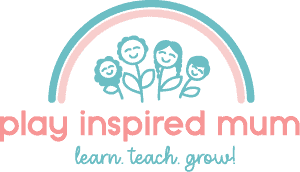



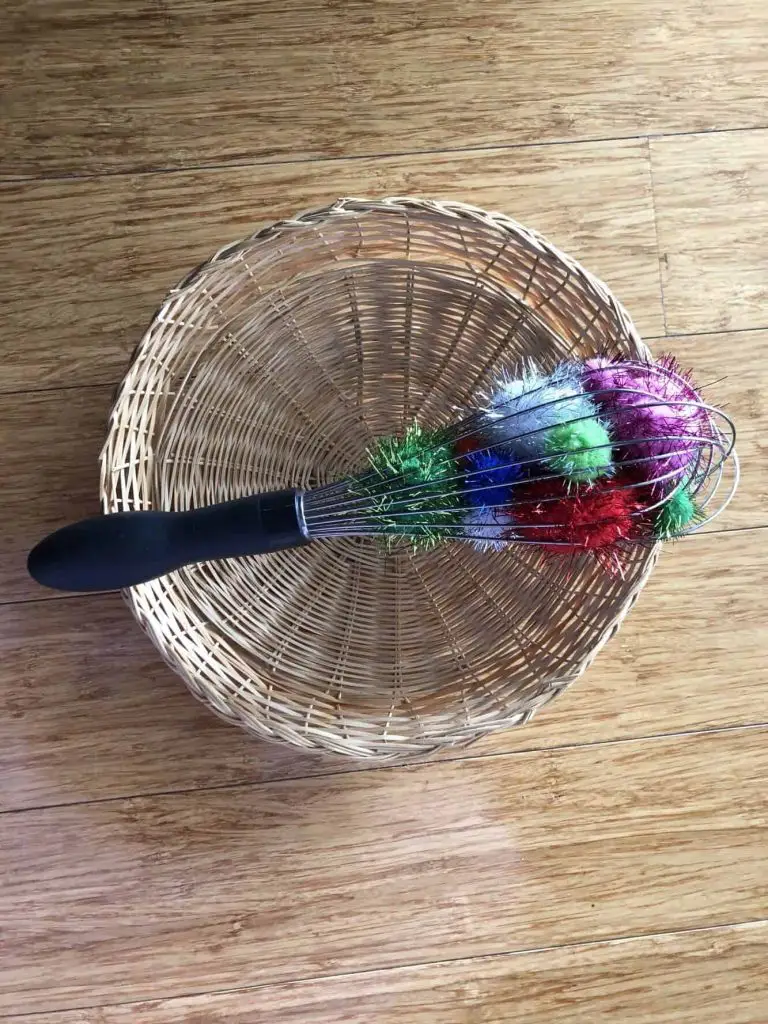
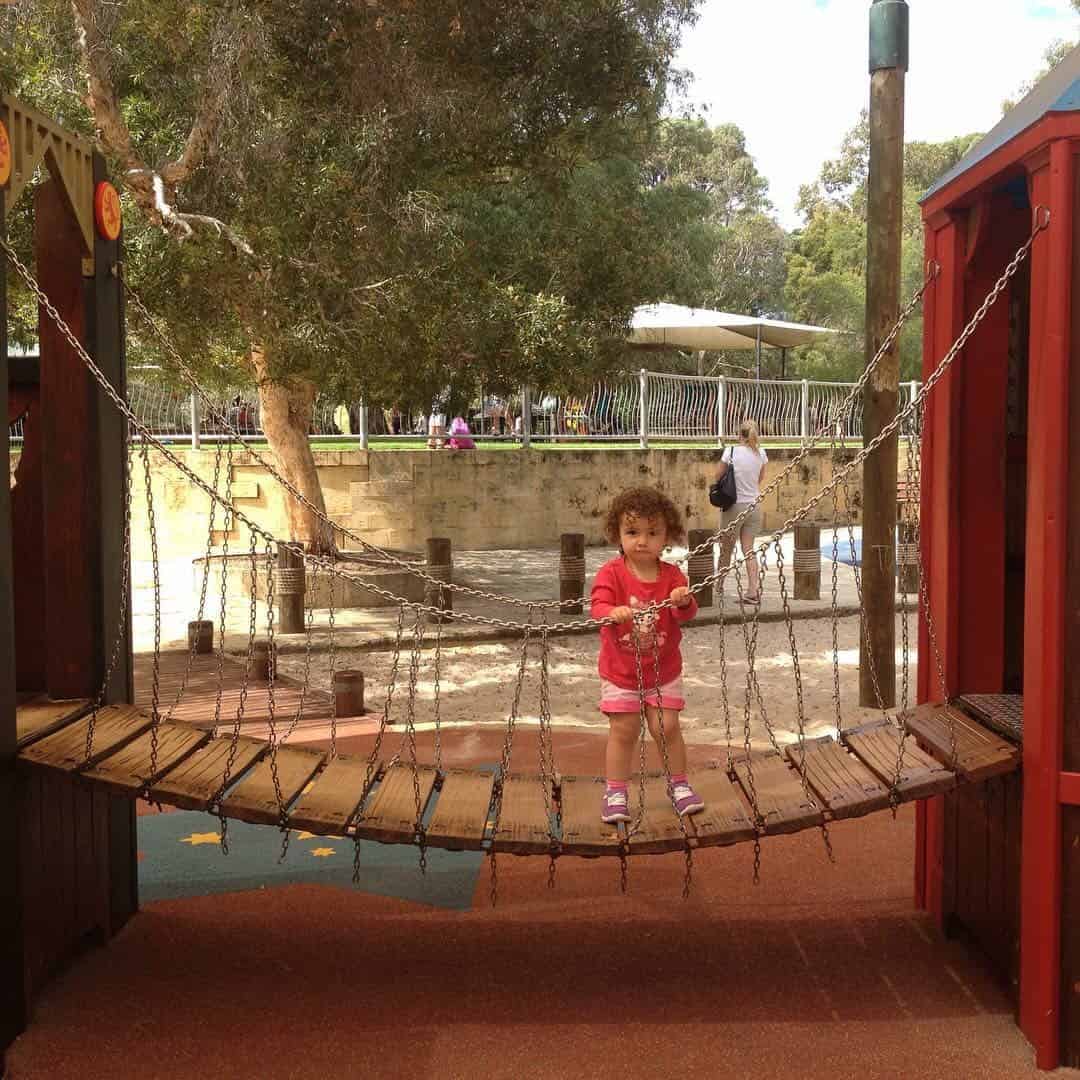
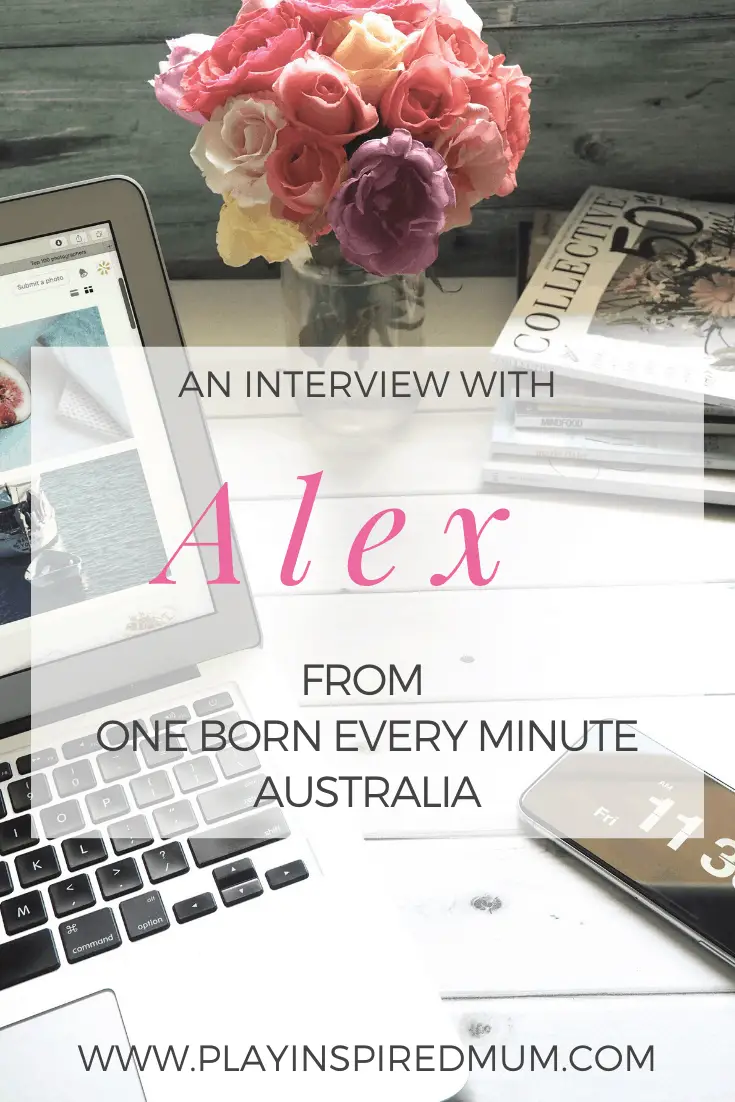
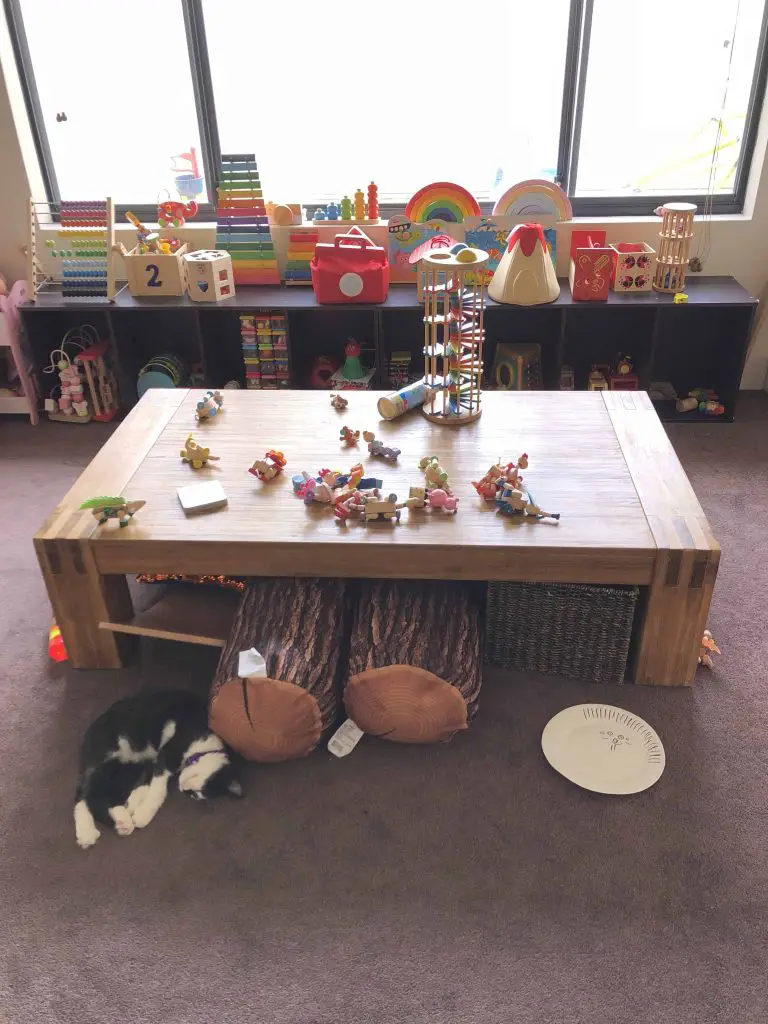
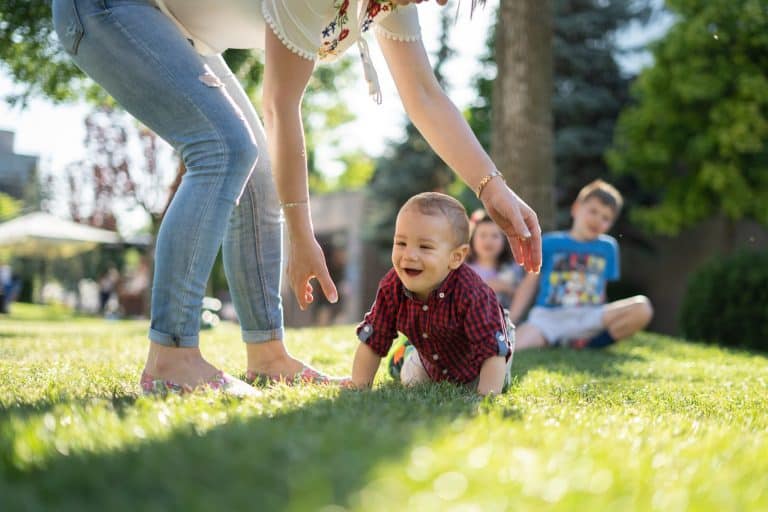
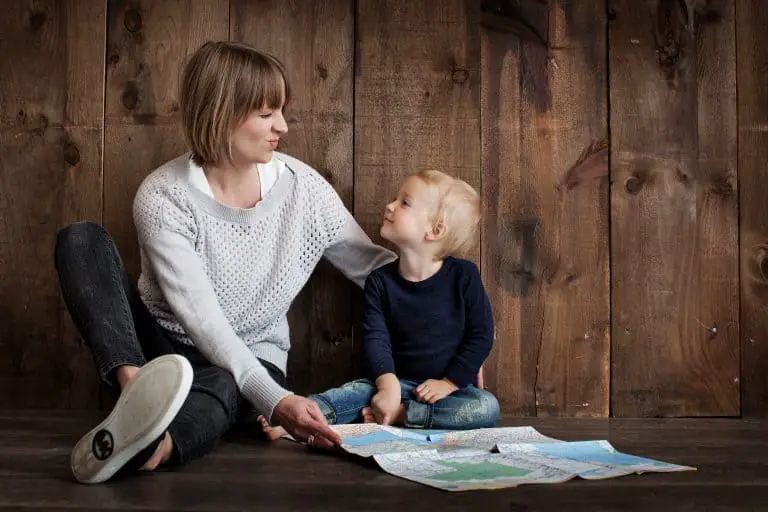
I’m really happy you included sensory play. Sensory plays is among the biggest influences on child development when it comes to learning. Especially at a young age.
I’m realizing that my mother was an absolute saint for putting up with me at that age!
I love your post thanks for sharing! Although my kids are grown, they have kids now and it’s interesting to see how difficult it is for them to communicate their feelings sometimes but great to see them work through it in their own unique ways.
Your welcome! It is difficult to watch them isn’t it? And so rewarding watching them figure life out one step at a time… it’s just another stepping stone to jump along over. Thanks for dropping by!
I love this post, I didn’t know this when my kids are around 2 year old, Now they are grown 6 and 9 now.
Children certainly are fascinating creatures aren’t they?
We all have bad days, no different for a two-year-old kid. They are still young and their brain is still not fully develop and am sure they are lack of patience too.
Yes for sure! I feel it is important to teach them to recognise their emotions and appropriate actions. So far they have spent their lives having their needs met straight away… patience is a life lesson in itself (that I need to learn more about myself even as an adult!)
This reminds me of my 2 year old cousin who throws tantrums because he cannot express himself then my aunt would tell him to say it, but I know he is struggling so we would just ask him to point it if he cannot say it. It’s hard for them too.
Such a wonderful post to read and it really helps! I have a kid and he is turning to 2 years old. I am really glad to know all that from you.
I can’t relate yet to this but crossing fingers that soon I will. From your post, it is interesting to learn and also see these as a learning article to of what to expect.
One little side line tip… when it comes to children, always expect the unexpected. Haha I hope you get the news you have been waiting for soon… fingers crossed for you too!
Facial expression is definitely the key to identifying a child’s frustration. Absolutely agree.
Having fun while practising different facial expressions is a great way to teach your child how to read them too! Thanks for dropping by!
You’re so right!Toddlers can be full of emotions but it is unfortunate when a parent can’t seem to understand them. Anyway, my baby cousin is so good at displaying facial expressions that help us understand her emotions.
It really is frustrating, for child and parents! Facial expressions certainly can be very useful! Thank you for stopping by!
As a child therapist, I completely agree with all of the suggestions you listed. These are all great ways to engage a child or help redirect them when they’re frustrated.
Thank you for your kind words. Growing up is tricky business. Anything we can do to help them along their journey.
As a new parent, I do love reading about tips on raising a child. I love the wealth of knowledge included in this post.
Congratulations on becoming a parent and welcome to the crazy! Hehe Thank you for your kind words. Our squishy delights certainly don’t come with an instruction manual so I hope this can offer some insight for parents to consider when making choices for their families x
Sensory relief can be major. I know a teacher for older kids who uses this type of thing to engage her students and it works beautifully.
I agree entirely. We are a ‘sensory’ house with seekers and avoiders. Understanding the child’s needs and working with them is so beneficial for everyone involved.
This is such a great post and a helpful guide to mommies out there. Instead of letting your child play with gadget and online games the whole day, why not let him do fun and engaging activities right? I know some parents who are struggling in this area. They don’t know what activities appropriate for their children. I have a friend, her son is already 6 years old but he has a difficultt in speaking. The finding is too much exposure on gadgets! Thank you for sharing this. This is a very helpful post.
Parenting is tough as it is let alone with all the technology that is available today. It is challenging to find a healthy balance (to be honest, I have gone’ too hard basket’ and my two younger children have very limited access to technology for this reason). One of the reasons I created this platform was to inspire meaningful play especially during early childhood.
Thank you for your kind words and I wish your friends son all the best on their road to finding his words x
Helpful thoughts! I don’t have children and I always feel like I don’t understand babies, so this was eye-opening for all the possibilities to do with them.
Thank you for your kind words. Children certainly are interesting little creatures. Even when you think you understand them, they go and do something to remind you that parenting is forever a guessing game haha
These are excellent tips. I wish I had read this when my son was a toddler. He didn’t say his first word until he was 26 months after being in speech therapy. It was frustrating for all of us.
I take my hat of to parents of non verbal children. It’s hard enough to meet their needs when they are learning to talk let alone not being able to communicate verbally at all. I’m glad to hear he responded to his therapy. It must have been such a relief for the whole family.
Looking at things from a 2-year-olds perspective, it makes sense why they could be frustrated. Thanks for the great explanation.
You’re welcome! Thanks for your kind words.
Love how well you explain all of this, repetition repetition repetition! That’s definitely the key!
Thank you! Yes, repetition is the way! Even as adults repetition is so helpful to remember things or forge new habits